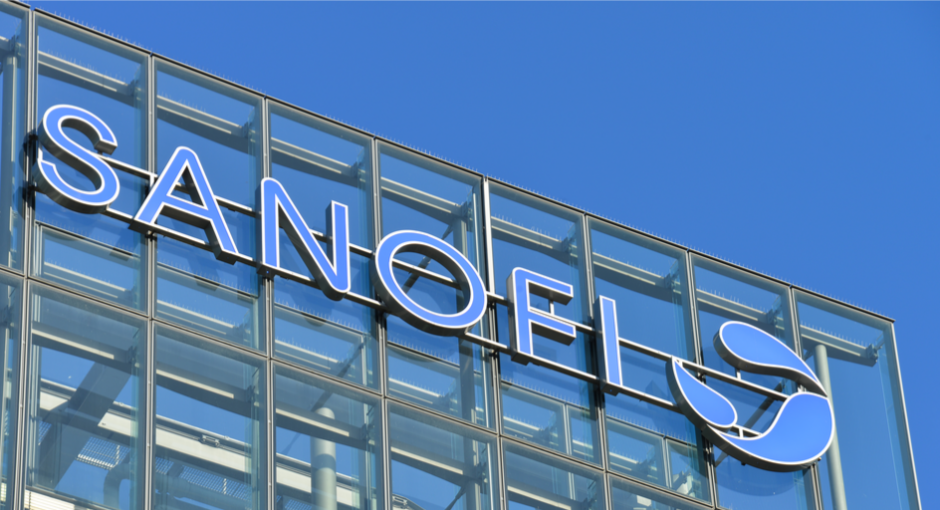Drug manufacturer Sanofi has exempted 11 of the 16 types of health care providers eligible to participate in the 340B program from its conditions on 340B pricing for its products dispensed by contract pharmacies. However, consolidated health center programs (CH), disproportionate share hospitals (DSH), critical access hospitals (CAH), rural referral centers (RRC), and sole community hospitals (SCH) will still have to upload their 340B contract pharmacy claims data to a Sanofi vendor to keep getting 340B discounts on Sanofi products.
In an email a 340B covered entity received from Sanofi yesterday, the company said, for the first known time, “that our integrity initiative includes only” the five types of covered entities—health centers and DSH, CAH, RRC, and SCH hospitals—”that have historically accounted for a significant share of contract pharmacy dispensing, and therefore duplicate discount risk, for Sanofi’s products.”
“Other covered entity types need not register or provide the data we request,” Sanofi said.
The company said any 340B provider that falls into one of the five non-exempt categories and “that does not have an in-house pharmacy location registered on the covered entity database as a shipping address or child site of the covered entity may designate a single contract pharmacy for this purpose. A qualifying covered entity may choose a single contract pharmacy for the covered entity and its child sites and Sanofi will provide 340B pricing in this circumstance, irrespective of whether the covered entity provides the data Sanofi requests.”
Sanofi is giving health centers and DSH, CAH, RRC, and SCH hospitals without an in-house pharmacy until Feb. 22 to designate their one-allowed contract pharmacy, for a March 1 effective date. “After February 22, please allow 10 business days for the designation to take effect,” Sanofi’s email to covered entities said. “A covered entity may change its contract pharmacy designation once every twelve (12) months, or more often if the designated contract pharmacy is terminated from the HRSA OPAIS database.”
From the way Sanofi’s email is written, it appears that no matter what an affected covered entity’s choice is about providing claims data to Sanofi, to designate its one-allowed contract pharmacy, a covered entity must be registered with Sanofi’s contract pharmacy claims data vendor, 340B ESP. “After registering and logging in to its account, the covered entity may designate its single contract pharmacy in the Entity Profile tab,” the email said. “This designation will be made for the parent 340B ID and will apply to any child sites. Please note that a contract pharmacy must have an assigned HIN for the wholesaler to process 340B transactions for Sanofi drug products. Covered entities that designate a contract pharmacy without a HIN will be notified of this requirement and provided additional information on how to assign a HIN for their contract pharmacy.”
Effective Oct. 1, Sanofi began requiring all 340B covered entities, as a condition of continued receipt of 340B pricing, to submit their contract pharmacy claims data to 340B ESP “to identify and resolve duplicate Medicaid and commercial rebates.” Many covered entities have refused to provide the data. Several groups have sued the U.S. Department of Health and Human Services (HHS) to force the government to sanction Sanofi and other drug manufacturers that have stopped offering or placed restrictions on 340B pricing. The National Association of Community Health Centers has filed a 340B administrative dispute resolution petition against Sanofi, Eli Lilly, and AstraZeneca over their alleged “unlawful overcharging activity.”
340B covered entities are required by law to prevent duplicate 340B discounts and Medicaid fee for service rebates, but not duplicate Medicaid managed care and commercial rebates. A new U.S. Senate Finance Committee report concluded that Sanofi and fellow insulin manufacturers Lilly and Novo Nordisk have raised insulin’s wholesale price exponentially “to give them room to offer larger rebates to PBMs and health insurers” to secure more favorable placement on drug formularies. Wholesale prices, however, “have not kept up with the growing size of rebates,” putting pressure on drug manufacturers’ margins and making them look for ways to make up for lost revenue elsewhere, the committee said. Not paying 340B drug discounts and rebates to PBMs on the same products appears to be one of the ways.


